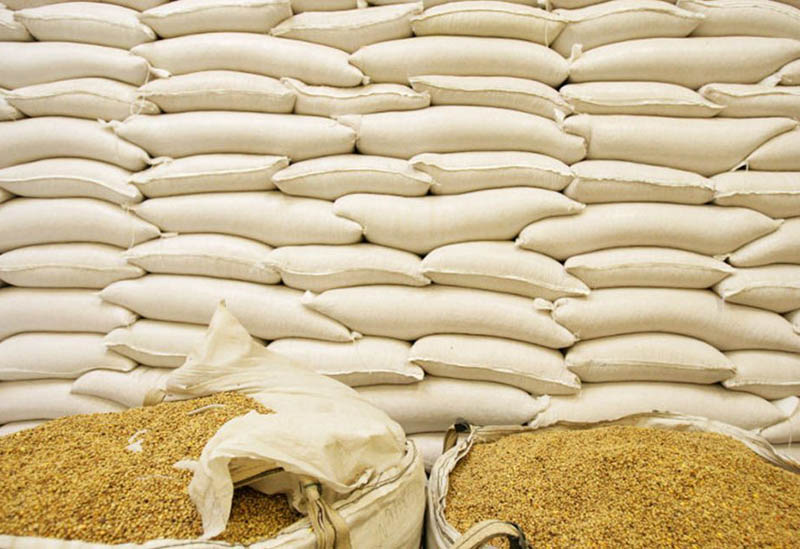THE government has for the past six months spent a total of ZWL$2.6 billion on the procurement of grain to feed the nation as the country battles one of the worst droughts in a decade.
Zimbabwe has had consecutive droughts as a result of poor rains experienced in the previous farming seasons, leaving the government with no choice but to import grain.
“With regards to the strategic grain reserve, ZWL$2.6 billion was expended towards procurement of grain as well as support to GMB (Grain Marketing Board) for the management of the SGR (Strategic Grain Reserve),” said Finance and Economic Development Minister, Mthuli Ncube, while presenting the 2020 national budget review statement in Parliament Thursday.
“For the period under review, a total of 321 961 metric tonnes of grain had been procured with 246 705 metric tonnes being imports and 75 256 metric tonnes being local deliveries.”
Ncube said preparations for the 2020/21 summer farming season were already underway guided by the Agriculture Recovery Plan, which prioritises productivity through interventions centred on mechanisation, irrigation, soil conditioning, extension services and appropriate and timely financing.
“In preparations for the 2020/21 summer cropping programme, the government is mobilising resources to finance farming inputs for the vulnerable households,” explained Ncube.
“Government is also supporting mechanisation and irrigation development programmes. The financial sector and private players are expected to finance commercial farming activities.”
He said the 2020/21 Presidential Input scheme targets to support 1.8 million households to grow maize and traditional grains.
“The programme will be funded through the budget for procurement of inputs,” he elaborated.
“The farmers will be provided with standardised input packages of 3-5kg seed, 50kg basal and 50 kg top dressing fertilisers. The package is enough to cover a 0.125 ha plot and beneficiaries are expected to fully and religiously adopt Conservation Agriculture Principles (CA) as a way to climate proof the programme. These inputs will enable a household to establish two standardised plots of maize/traditional of either soybeans/sunflower and groundnut.”
He added that each household was expected to deliver at least 75kg contribution to the strategic grain reserve, which should unlock an input package for the next season.
“To date training of trainers, that is extension workers, has been undertaken and these are now training communal farmers about the conservation farming concept,” said Ncube.

